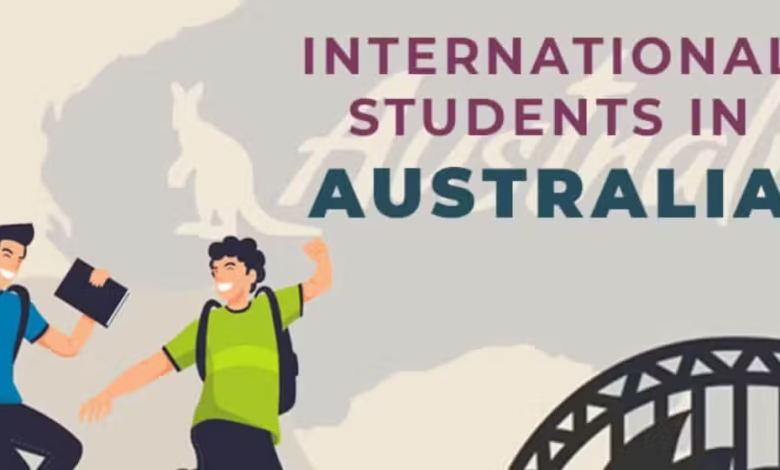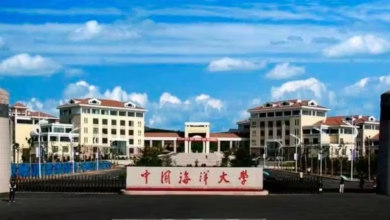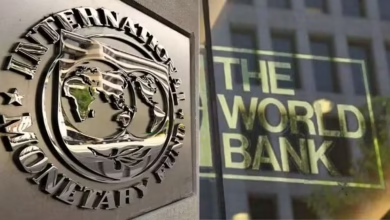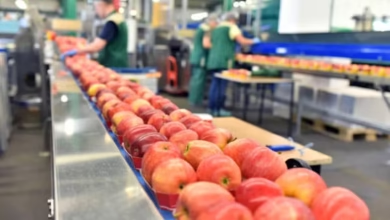Australia Plans Massive Increase in International Students’ Visa Fee

As part of the Coalition’s immigration strategy, Opposition Leader Peter Dutton has put up a stringent restriction on the number of foreign students, which is a major move that might significantly change Australia’s international education landscape The news has generated a great deal of discussion in the housing and education sectors.
What Is Suggested?
Tighter enrolment restrictions and increased visa costs, especially for prestigious universities, are part of the Coalition’s plan to alleviate Australia’s worsening housing issue.
Important Policy Points
Annual Student quota: 240,000 international students annually, as opposed to the Labour government’s existing quota of 270,000 for 2025.
Public Academic Institutions:
A maximum of 25% of the entire student body may enrol.
Every year, 115,000 new commencements are permitted.
VET and Private Providers:
The private and vocational education sectors are permitted to have up to 125,000 pupils.
Higher Visa Costs for Elite Schools
A significant increase in the cost of applying for a visa is one of the plan’s most contentious features:
Students applying to universities in the Group of Eight (such as the University of Melbourne and the University of Sydney) must pay a $5,000 application fee.
Applicants to other universities and institutions must pay a $2,500 fee.
According to the Coalition, this would lessen the financial reliance of colleges on foreign students and aid in reducing the demand for housing.
Overhaul of Graduate Visas
Additionally being reviewed is the Temporary Graduate Visa program, which permits foreign students to remain and work in Australia following graduation. According to the Coalition, this visa is being abused as a means of obtaining permanent residence.
Changes that are planned include:
Limiting the availability of permanent residence
Linking visa availability to actual skills shortages
Keeping student pathways to the workforce from being abused
The Education Sector’s Reaction
Education authorities and universities in Australia have harshly criticized the initiative. Some have warned that it could harm the US’s standing as a worldwide center for education, drawing comparisons to Trump’s actions in the US.
Issues brought up include:
Campuses are losing their cultural diversity.
Declining enrollments result in significant financial losses.
harm to Australia’s standing as a welcoming country for study abroad
The Coalition’s Justification: Addressing the Housing Crisis
According to Peter Dutton, the action is required to ease housing strain and increase affordability, particularly for young Australians. According to the Coalition, the number of overseas students is a factor in the rising demand for rental housing in major cities like Sydney and Melbourne.
What Are Students To Do At This Point?
In light of the May 3 federal election and the impending release of additional policy specifics, prospective students are advised to:
Prior to the implementation of new caps and visa fees, apply as soon as possible.
Keep an eye on announcements from universities and immigration authorities.
Investigate organizations or nations with better circumstances.
Australia’s standing as a leading foreign education destination is in jeopardy as the discussion goes on.








